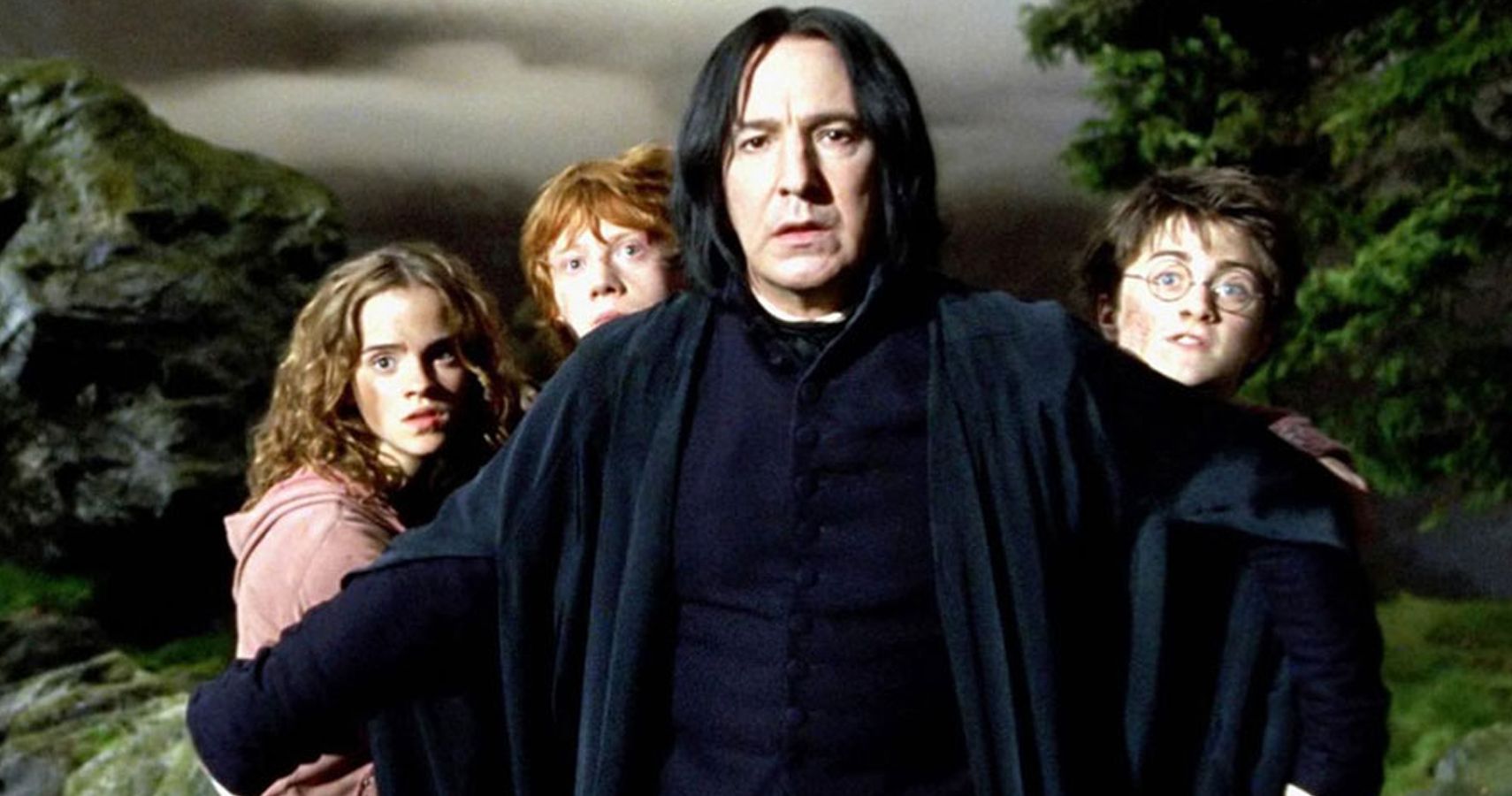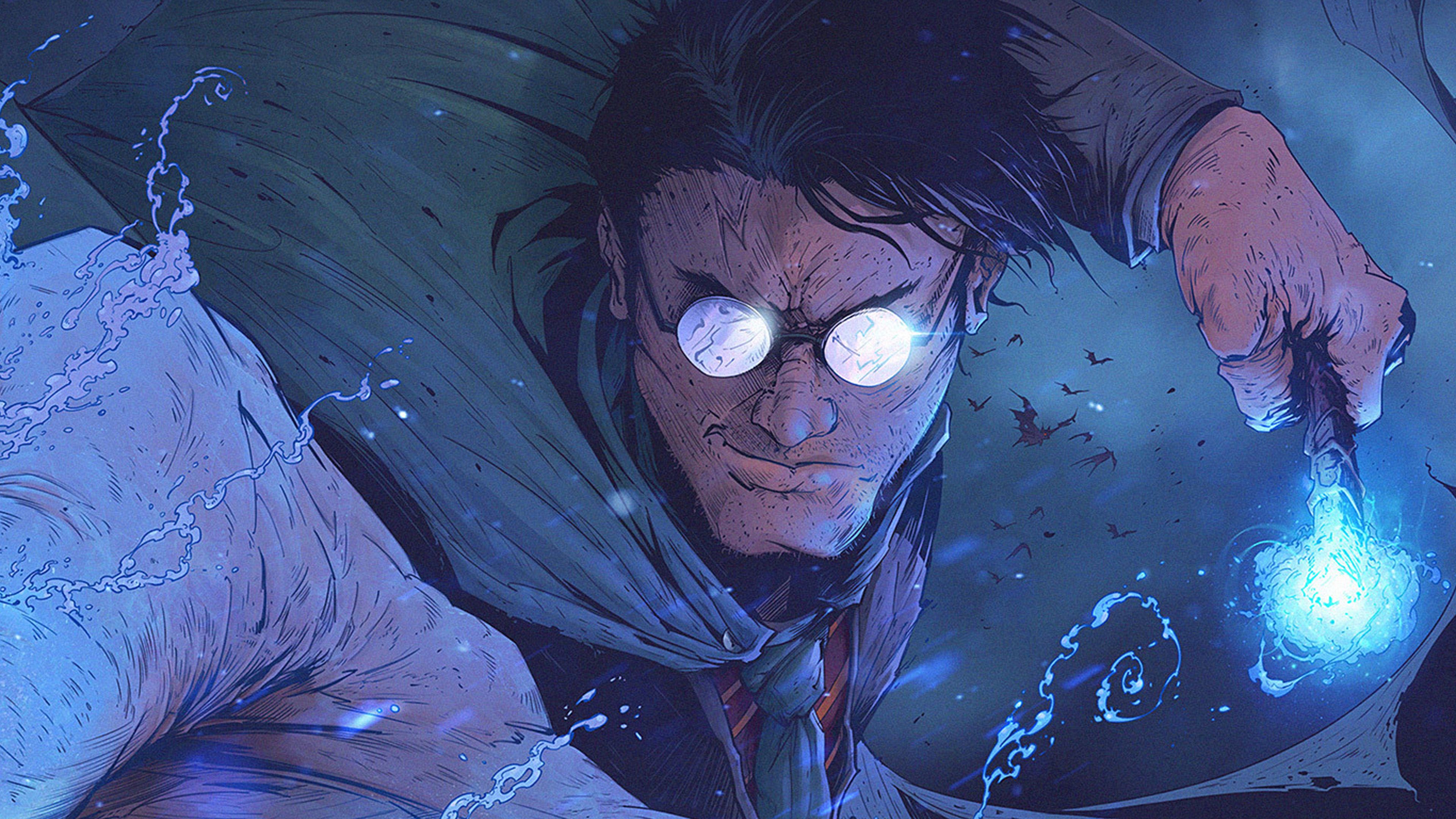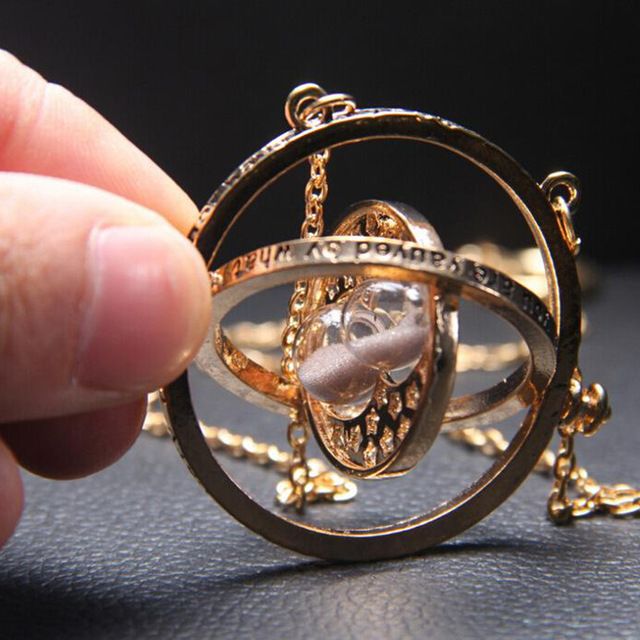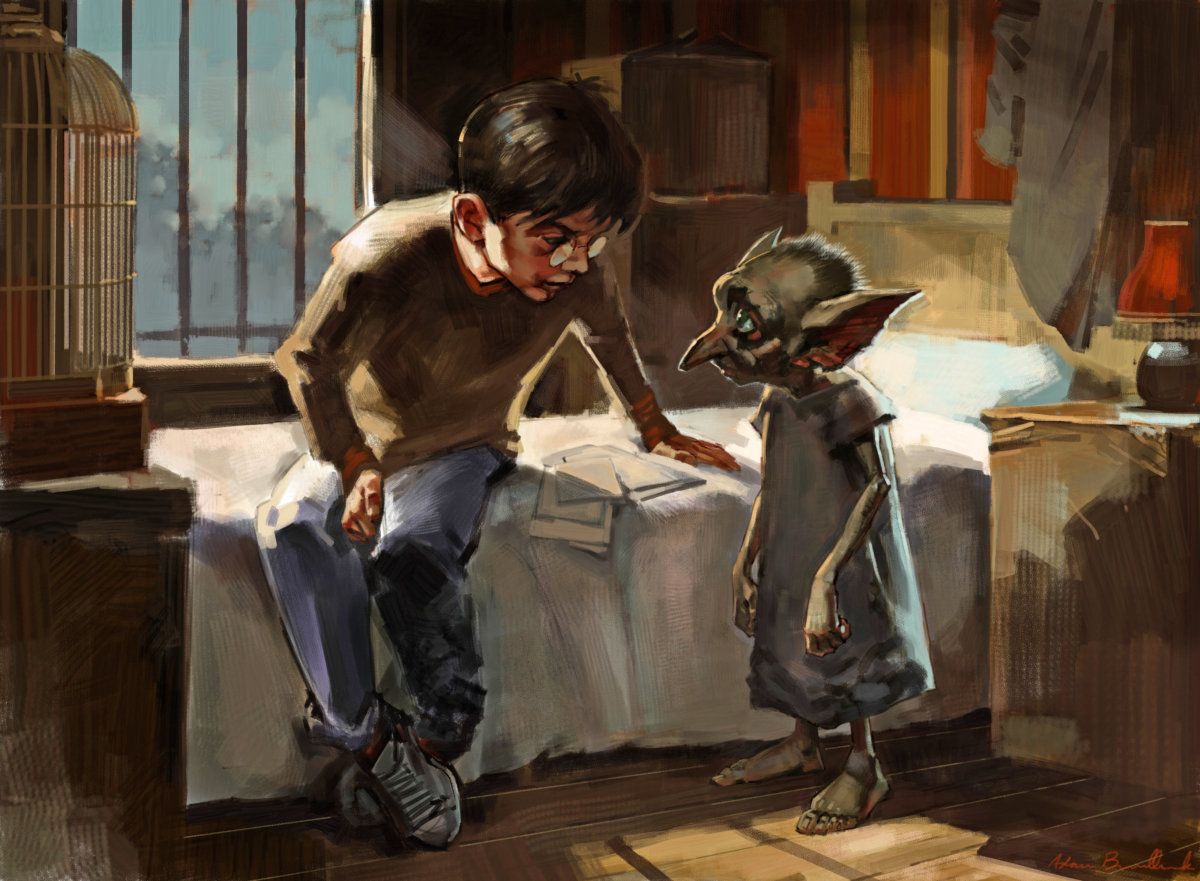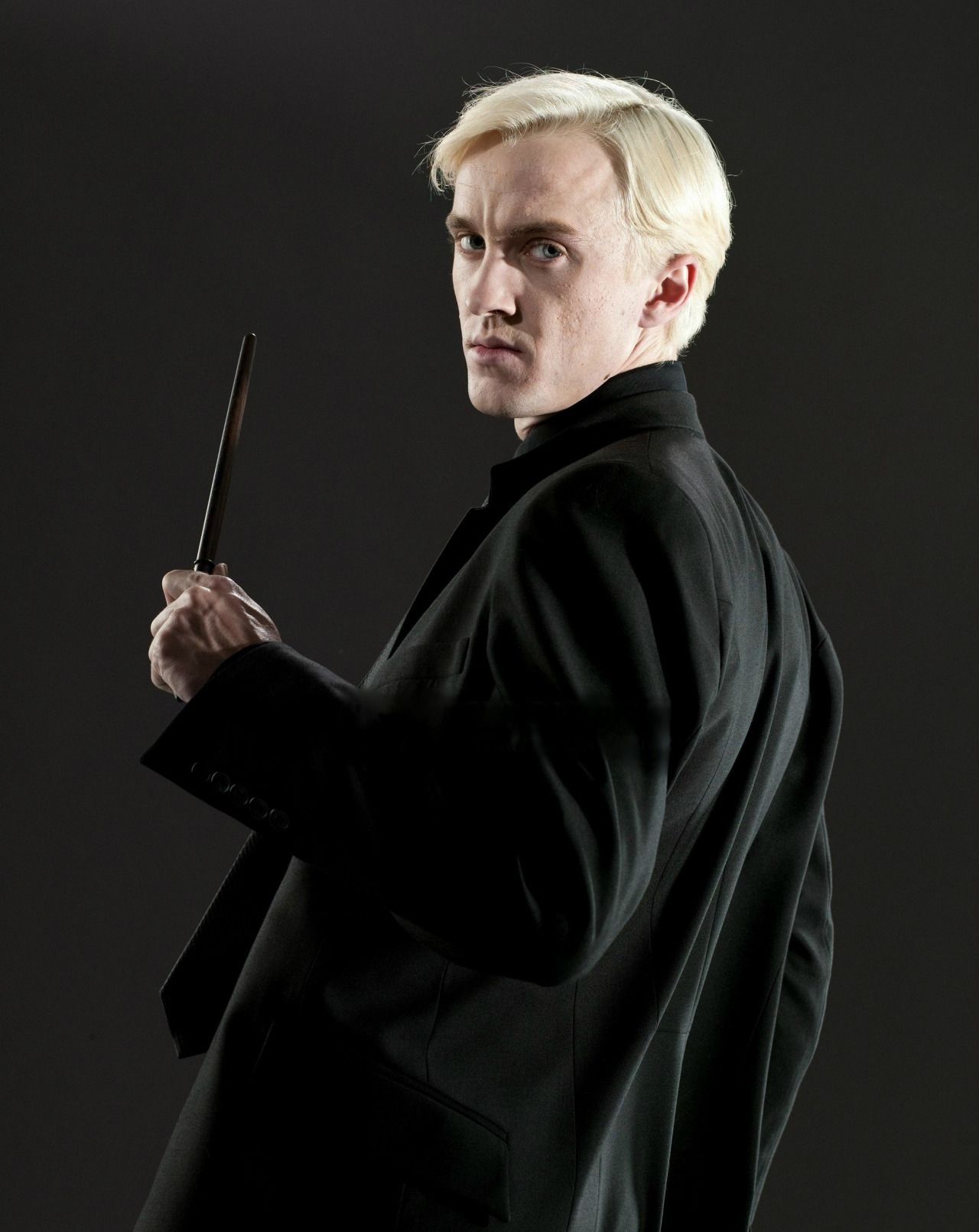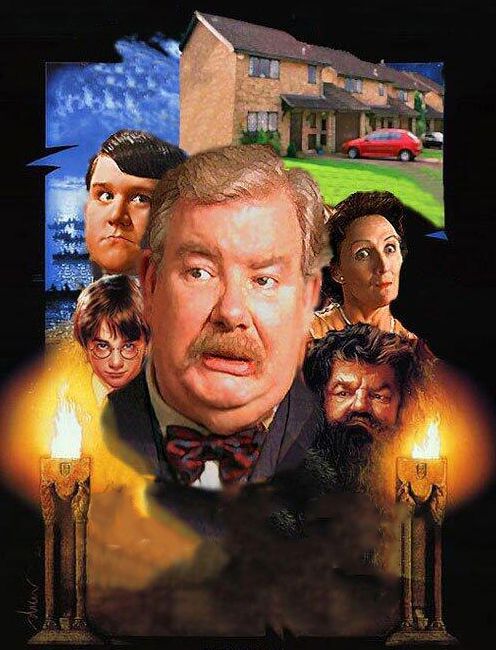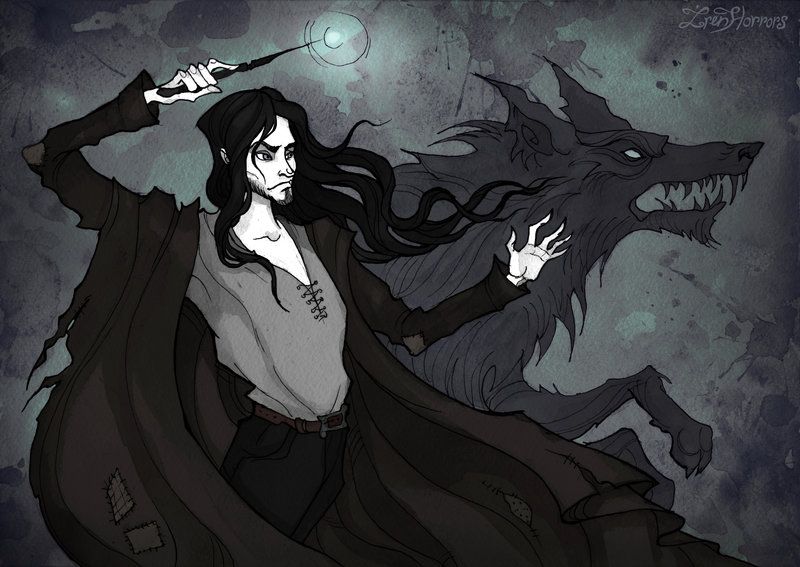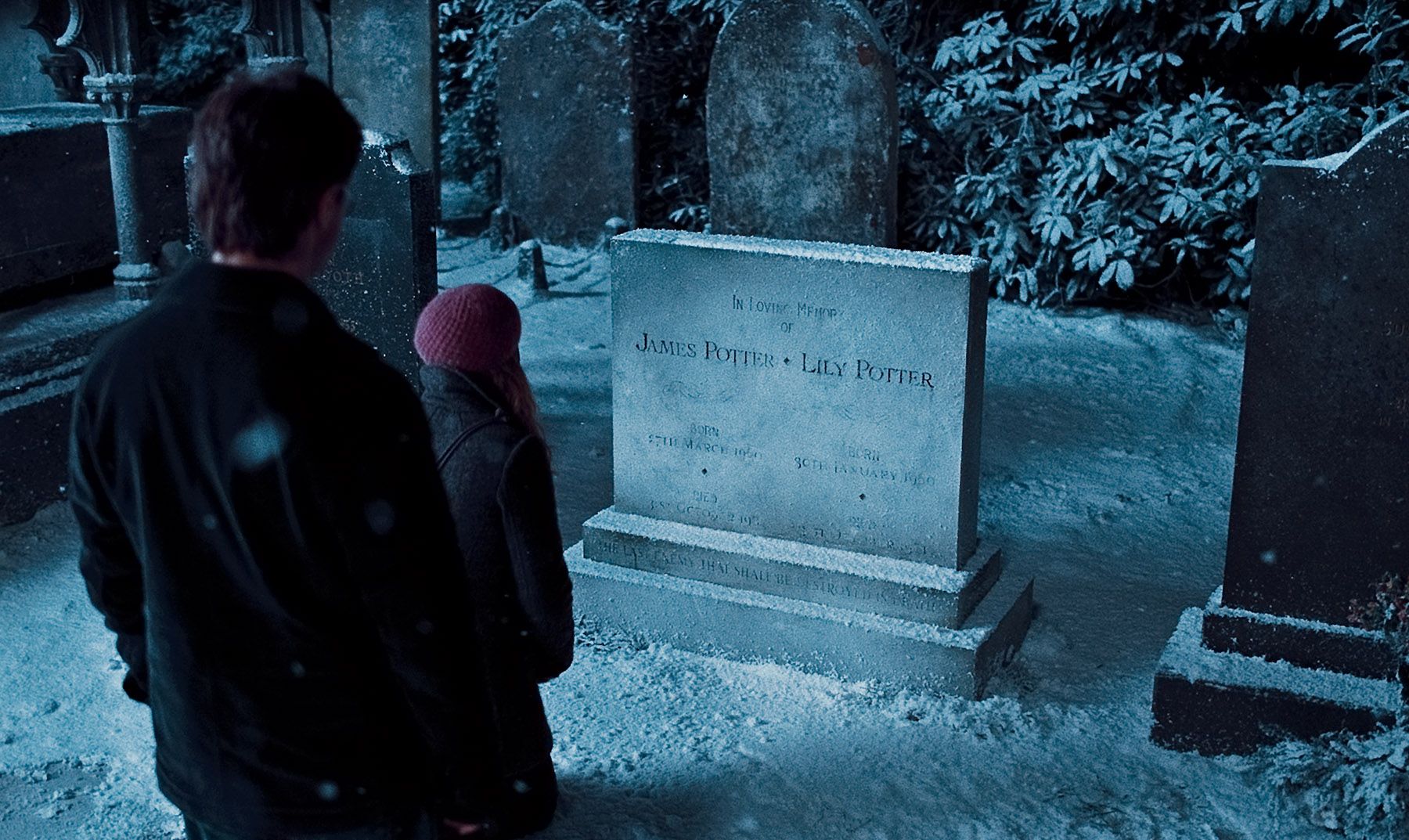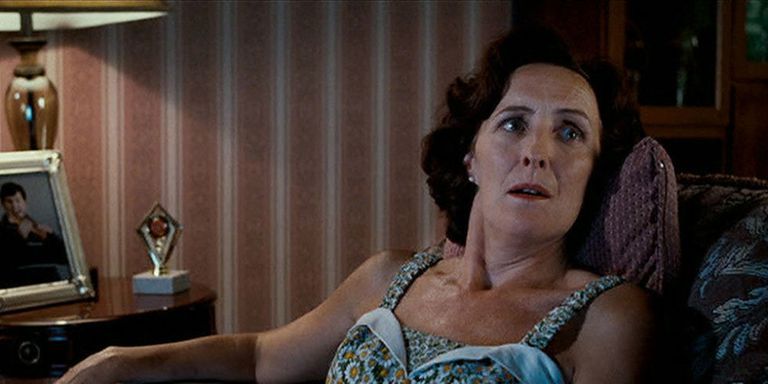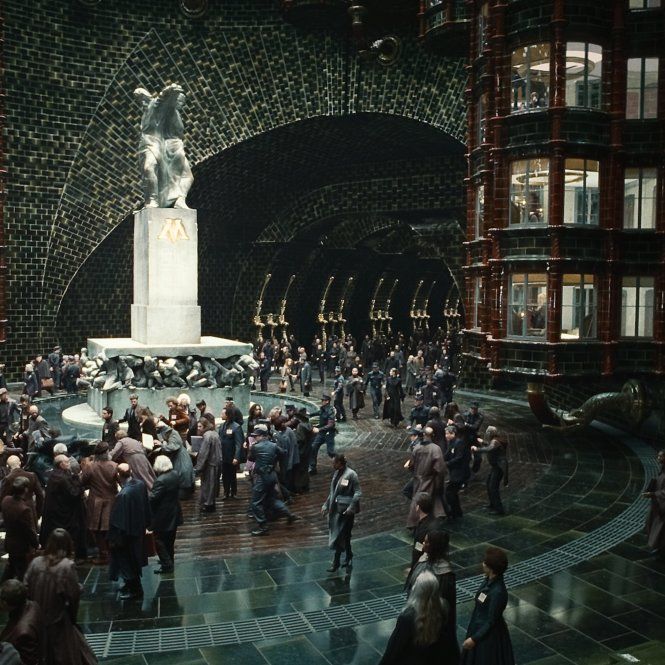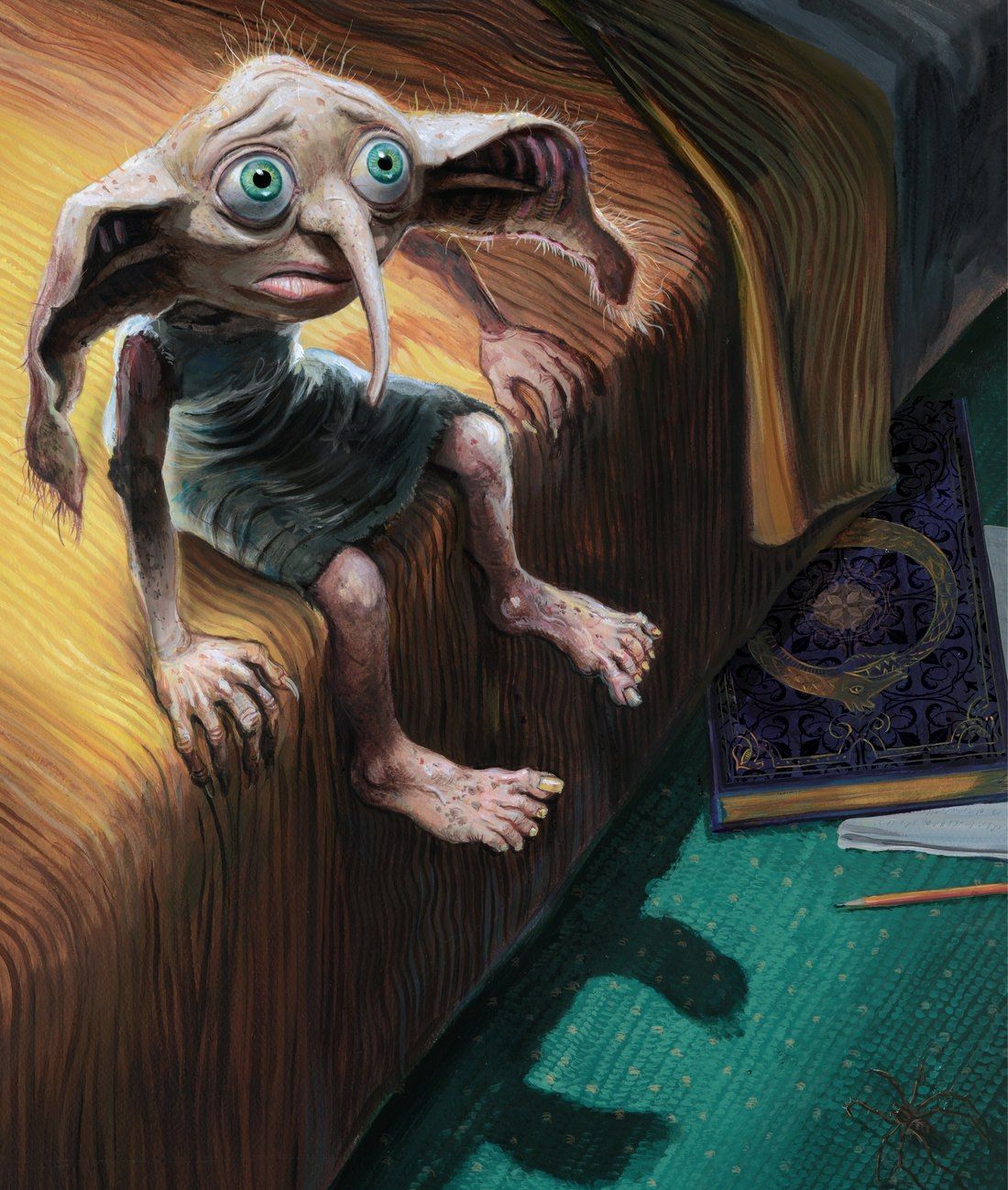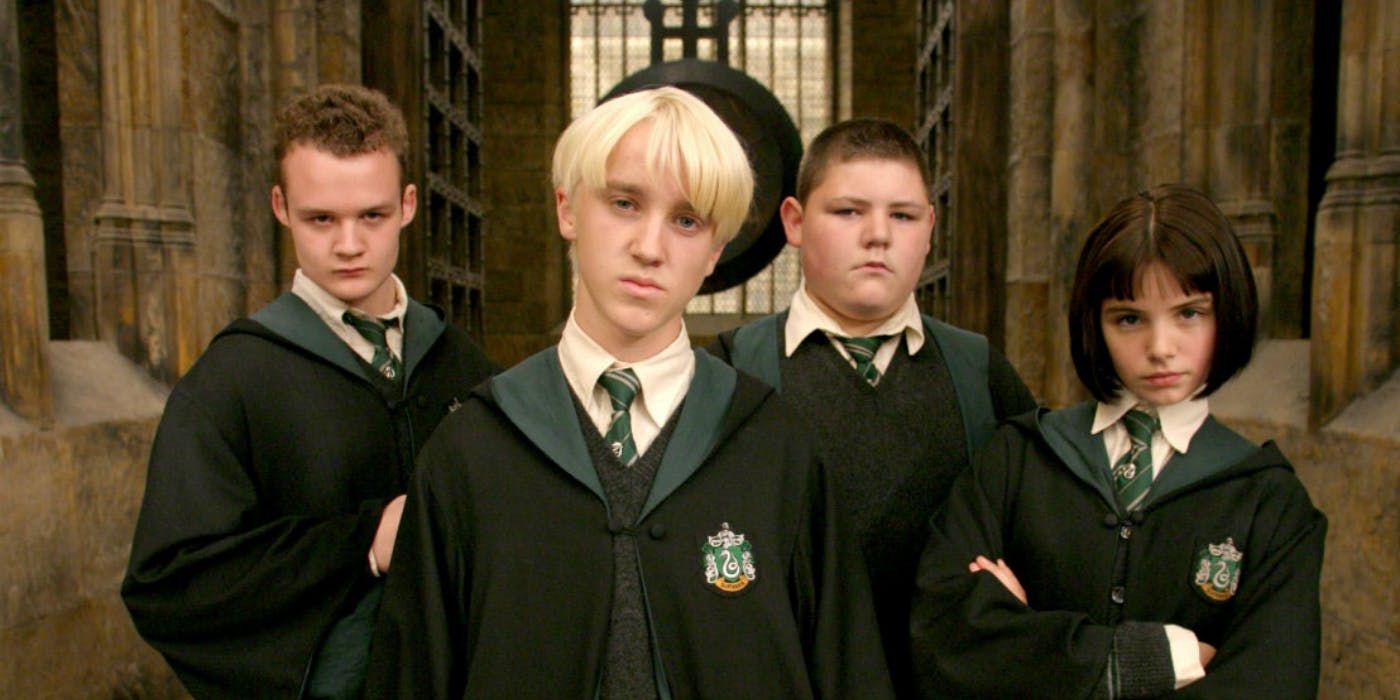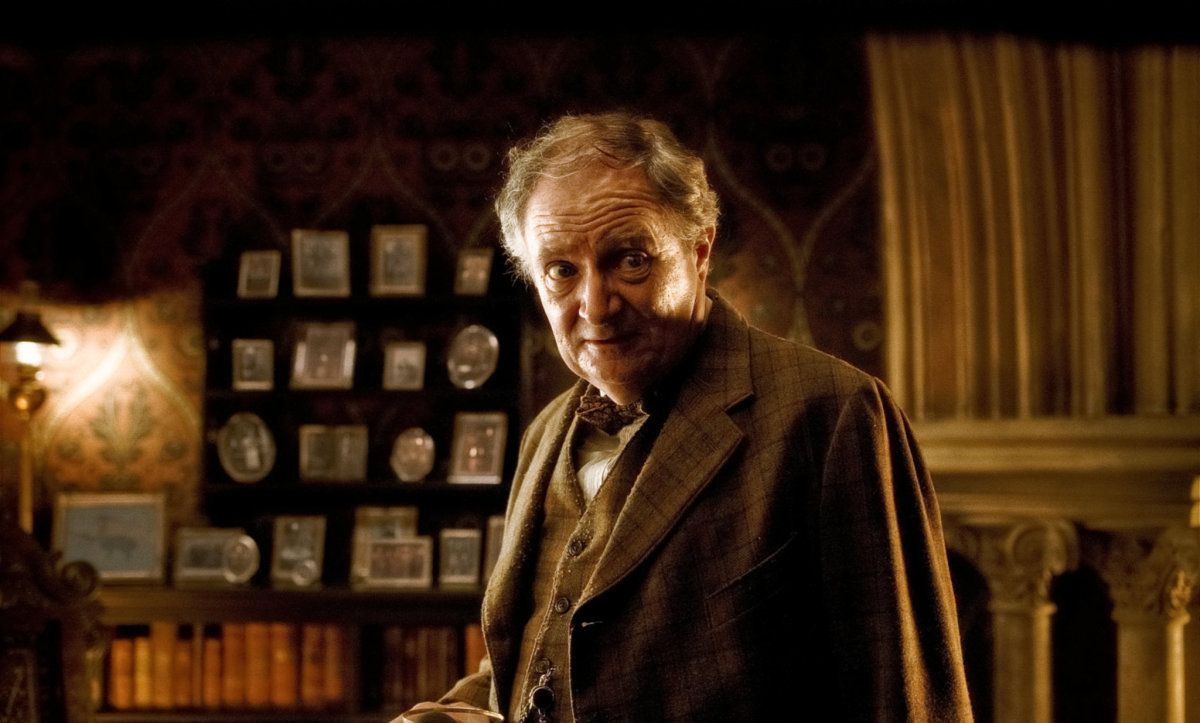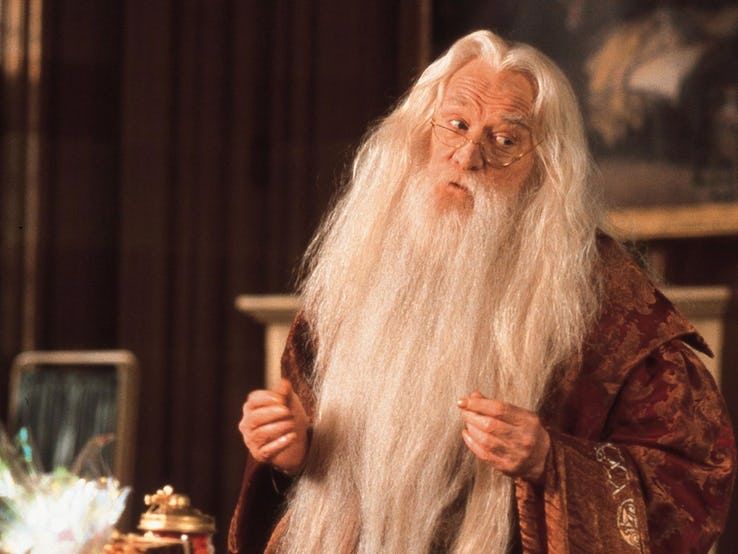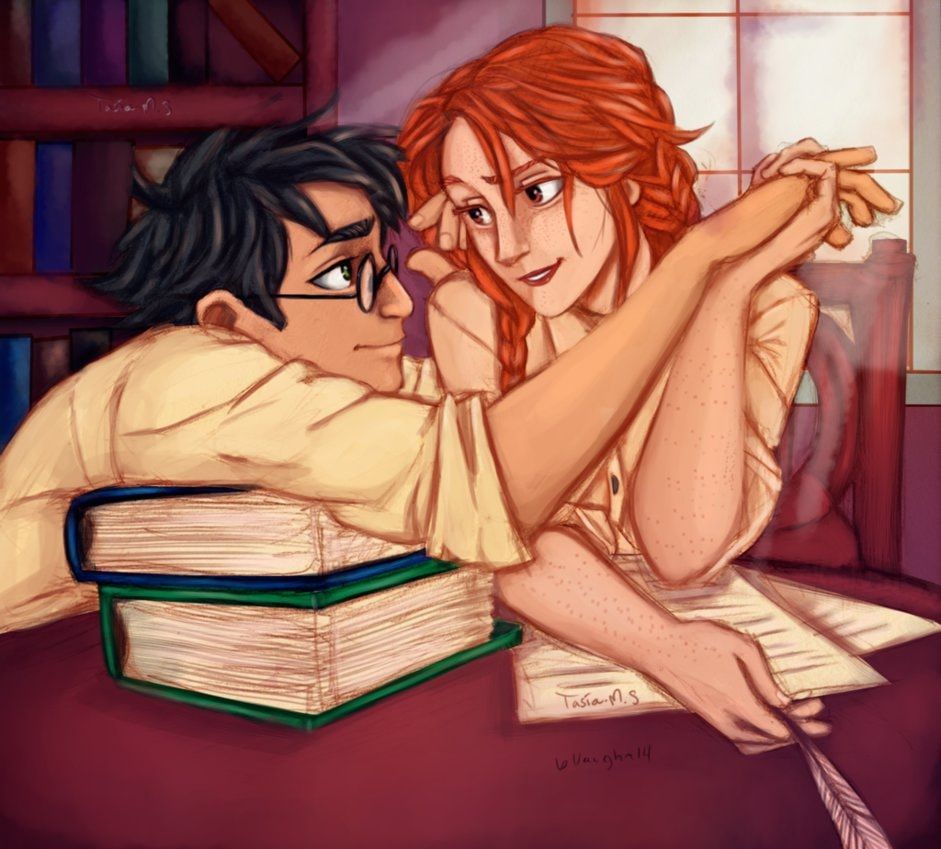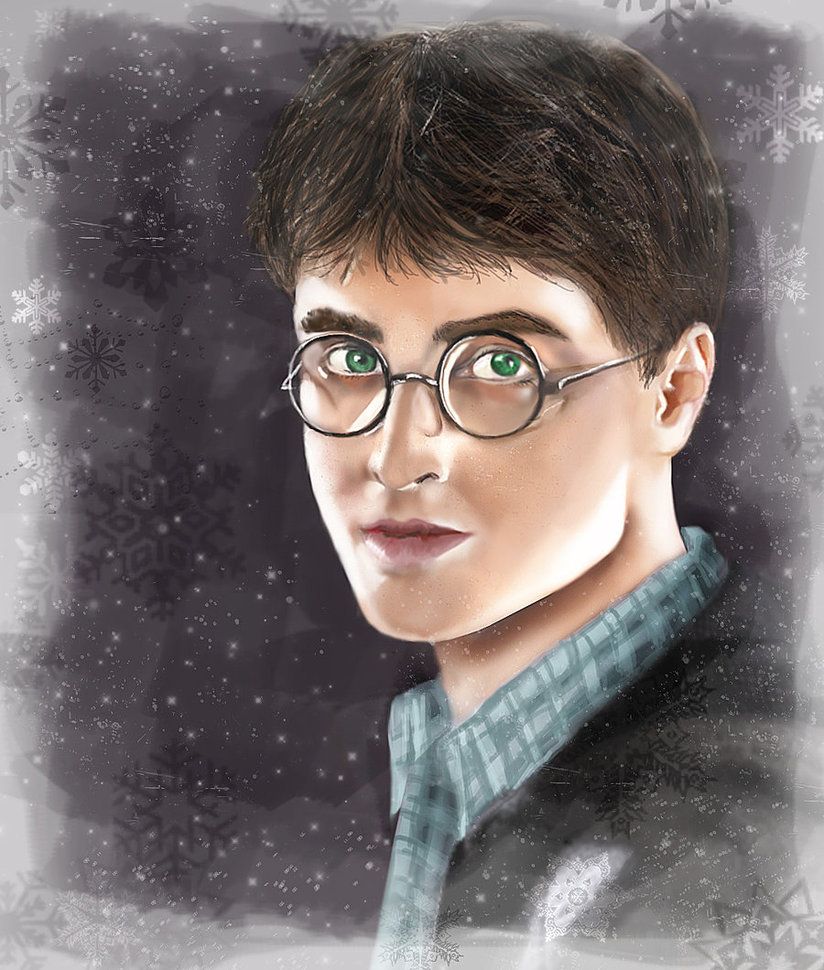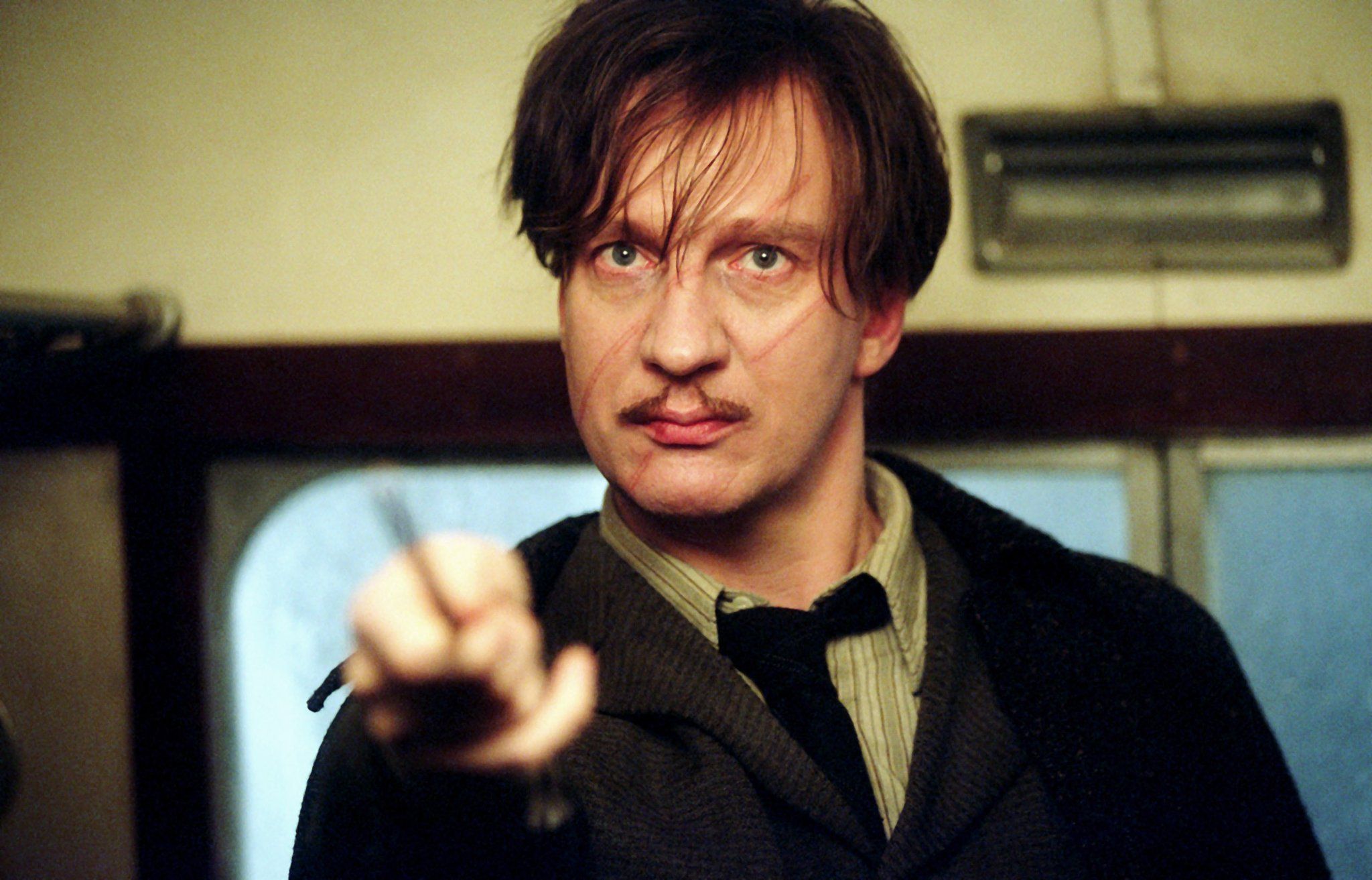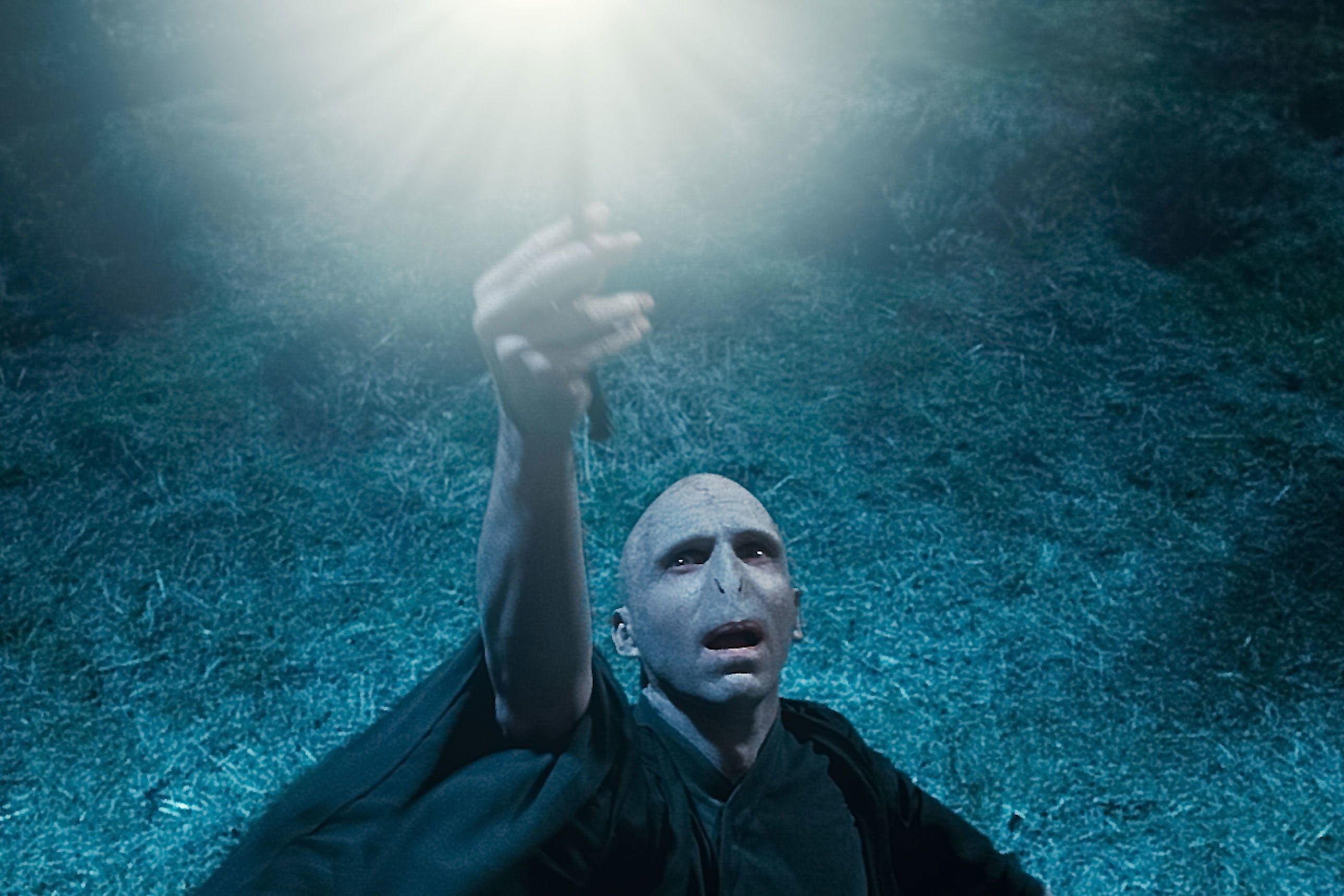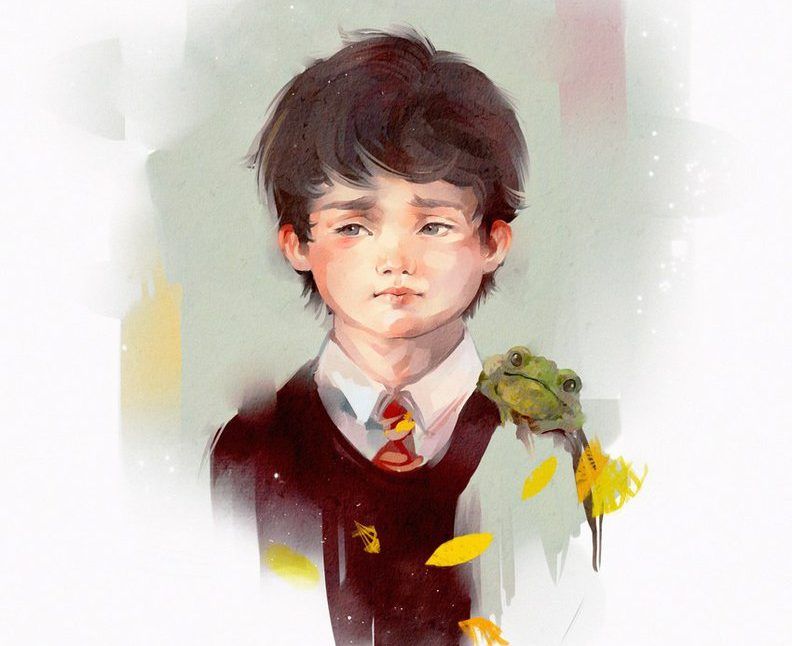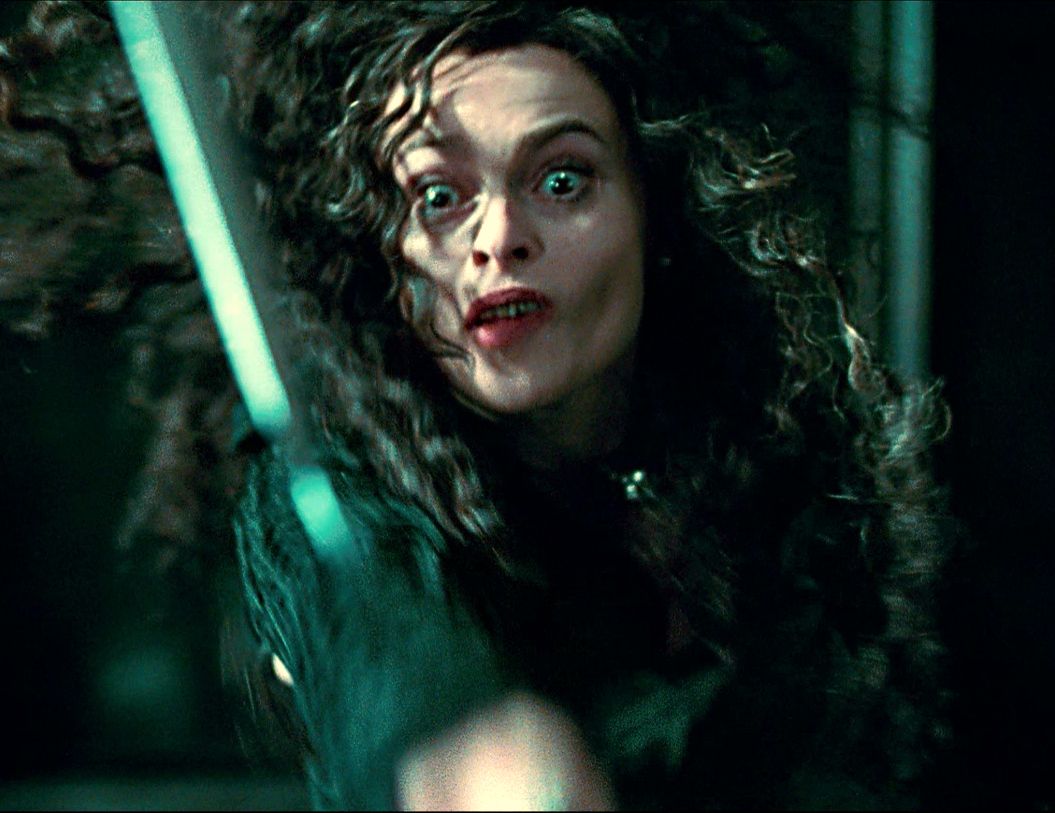For as consistent in quality Harry Potter is, it is not the kind of series that benefits all too much under scrutiny. This is not to say that JK Rowling didn’t plot her course well enough or that the franchise’s arc and themes are anything less than cohesive, but there are a fair share of oddities all the way through to the end that do ultimately serve to… not exactly hurt the story, but not benefit it either. Harry Potter’s quality may be consistent, but its writing doesn’t share that same luxury, with key details clearly being made up on the spot.
Not only that, some twists and turns along the way tend to make looking back on the series in hindsight rather uncomfortable. What works in the moment may not sit right in a grander context. This is just the natural course of literature and understanding what fits or what doesn’t is a difficult part of being a writer. JK Rowling’s magnum opus isn’t any less great because of its inconsistencies, but said inconsistencies are very much present. It’s likewise entirely possible that you’re familiar with them, but your love for the series compelled you to ignore them. Not anymore, though. It’s time to come face to face with everything wrong with Harry Potter.
25 Harry’s Kind Of A Jerk
For as beloved as Harry Potter is, he’s not exactly the nicest character in the series. Sure, he’s had his fair share of aggression thrown at him, but he devolves into a rather rude young man by the second half of the series. Granted, it does make sense considering how often the adults around him end up betraying him, but still.
Late series Harry is a moody boy who pushes away the people around him with an almost obscene amount of vigor. He still has those he cares for, but he’s so shut off for so long that it takes Sirius’ passing for him to finally start resembling his old self. Even then, though, Harry ends the series in a fairly cold spot.
24 Time Turners Have Negative Connotations
JK Rowling destroying every single Time Turner by the end of the fifth book was one of the smartest things she ever did since the mere concept of a portable time traveling device opens up a series of holes that simply cannot be filled without hitting morbid territory. Unfortunately, The Cursed Child brought them back, but who cares about that story?
A Time Turner would have gone a long way in Voldemort's hands.
Now, it’s worth mentioning that Time Turners themselves actually do make sense as a time travel device, but they’re so easy to abuse that just about any wizard could use them to manipulate the world around them. It’s honestly a miracle that never happened before. Rowling was wrong to write them in, but right to write them out.
23 Harry Uses His Magic Outside Of School In The Movies
Wizarding world rules are very clear: children shall not use their magic off campus by any means whatsoever. JK Rowling is very careful to enforce this in the books, even punishing Harry for using his magic accidentally in the third book, but the movies do not particularly care about petty concepts like “lore consistency.”
In the third movie, the very same film where Harry is punished for using magic outside of school, Harry opens the film by using magic outside of school. Nobody notices, nobody comments on it, and when it comes time to adapt Harry’s book magic, the ministry suddenly cares enough. You can find ways to work around it, but it’s blatantly a plot hole.
22 Draco’s Character Arc (Or Lack Thereof)
Draco is one of the series’ most popular characters and why shouldn’t he be? He’s Harry’s rival, his literary foil, and he goes through a very similar arc across all seven books and eight movies, building him up into someone worthy of redemption. Or at least fans seem to think so. While that first half is true, the second half is up for debate.
Not pictured: character development.
Draco does has an arc, this is indisputable, but it isn’t nearly as in-depth as it should be. His character never reaches a point of genuine reflection, leaving all his major beats in the background. Subtle storytelling is good, but Rowling perhaps goes too far with Draco. He’s an important character, but it doesn’t read that way when you really examine what Draco gets up to.
21 Readers Are Introduced To The Series Through Uncle Vernon
First impressions are important, which is why the first book opens with the series’ most compelling character taking center stage: Uncle Vernon. It’s almost hard to believe considering how quickly the first chapter flies by, but Uncle Vernon is the series’ introductory viewpoint, putting him alongside Harry and Snape as a chapter focus.
While bizarre, this does make a bit of sense. Uncle Vernon is us. Not personality wise, but in regards to magic. The wizarding world isn’t his world, so seeing him react to their eccentricities gives us context. Of course, it’s still strange to open the books with the most unlikable character in the franchise, but no one can claim it didn’t work.
20 Sirius Never Gets What He Wants Most
No character in the series suffers more than Sirius Black. Harry’s godfather, Sirius spent nearly half his life in Azkaban for a crime he didn’t commit and lived for approximately two years before tragically losing his life in a fight he never should have been a part of. All the while, Sirius never gets what he wants most: a family.
Time and time again, Sirius desperately tries to reach out to Harry. He wants to spend time with the boy and befriend him. He wants what he had with James all over again, but distance keeps him and Harry apart. When they finally do get a chance to spend substantial time together, it results in the loss of his life. A cruel fate for a man who deserved better.
19 James Potter Wasn’t A Good Man
Speaking of cruel fates for good men, James Potter kind of had a rough deal, didn’t he? While he did turn himself around by the end of his life, it is important to remember that James wasn’t a particularly good guy. In fact, he was a massive jerk at Hogwarts until around his last year. This is something Harry takes rather poorly.
Although we know that James did turn himself around, did he really? JK Rowling wrote a short story about James where he goes on to break muggle laws with Sirius, so it goes without saying that he kept his renegade side intact even in his later years. He mellowed out, but he stayed fundamentally the same man until the very end.
18 Aunt Petunia’s Known About Wizards All Along
Aunt petunia’s familiarity with the wizarding world is something that a considerable amount of sense while also making very little. The back half of the series reveals just how much she knows, surprising even Harry, and we’re meant to accept this as Petunia was indeed Lily's sister… but it doesn't really fit.
Where's Petunia's letter?
In previous books, Petunia is so oblivious to the inner machinations of the wizard world that the reveal that she does know what’s going on, and intimately, comes off as a massive twist even for Harry. This is obviously Rowling trying to reconcile two distinct depictions, but it doesn’t hold up well when looking back on the earlier portion of the series.
17 “The Ministry Has Fallen”
Few moments in the series capture the sheer intensity of “the Ministry has fallen.” A message that signifies the end of the wizarding world as we know, these little words spark an all-out war that rips Harry away from normalcy and utterly decimate the life he’s come to love. All off screen, of course.
For as intense as this moment is, we never actually get to see it in action. Harry hears all about it, and the supporting cast get to have some “fun,” but Harry basically spends the entire war traveling. Granted, this does lead to a rather personal arc for him, but it also undermines the impact of reading “the Ministry has fallen” for the first time.
16 Winky: JK Rowling’s Biggest Blunder
In a rather inspired move even for the series, JK Rowling dedicated Hermione’s arc to fighting for house elf rights. A decision very much rooted in reality, the series was able to tackle subjects of class without ever dwelling on the cruelties of the real world, developing Hermione and sympathizing the house elves in the process.
Never has a character missed the point so thoroughly.
It’s just a shame that in the very book where Rowling introduces this concept, she also introduces Winky, perhaps the most insufferable character in the series. Winky absolutely hates the idea of being free, which is fine conceptually, but she’s so insufferable that it’s hard to take her complaints seriously or even see her point of view.
15 There Are No Good Slytherins
You would think in a series inherently about a group of people rising up in solidarity to fight a villainous force, all four or Hogwarts’ houses would come together in the finale to fight off Voldemort. Of course, Voldemort is a Slytherin so most of his army would be as well, but why couldn’t some turn on him?
By the end of the books, there are no good Slytherins. The best ones are morally gray like Slughorn or redeemed at the very last minute like Narcissa or Draco. Even Draco, the most “good” Slytherin, never really does anything good in the books. He learned his lesson, but that’s really it.
14 JK Rowling Gives Up The Dark Arts Professor Twist Too Late
The series is a big fan of using the Dark Arts professor position as a means of advancing the story. We get Quirrell in the first book acting as a host for Voldemort; Gilderoy in the second effectively butchering the position while being a minor villain; and Lupin in the third subverting expectations and acting a guardian for Harry.
Snape never got his due.
In the fourth, we see Moody further subvert expectations by acting as a guardian only to betray him while Umbridge acts as a full-on villain in the fifth. By the time we get to the sixth book, we all expect Slughorn to be one or the other, but it doesn’t really matter anymore. The series uses the concept so much and desensitizes its readers to it.
13 Dumbledore Let Draco Nearly Ruin His Life
As per his Death Eater initiation, coupled with Voldemort’s stronghold over the Malfoy family, Draco was tasked with ending Dumbledore’s life to prove his loyalty, a deed Dumbledore very well knew about in advance. Naturally, Dumbledore sacrifices himself on Draco’s behalf, shaping the boy’s future.
Except, Dumbledore is the strongest wizard alive and likely could have reached out to Draco earlier to save him and his family. In allowing Draco to finish him off, Dumbledore lets the boy live with trauma for the rest of his life. It does make him a better person, but at the cost of forcing an intense burden on his young shoulders.
12 Ron’s Utter Rage Over Harry And Ginny
For a best friend, Ron’s anger over Harry and Ginny’s romance comes off quite irrational. Of course, it is important to create conflict between characters, especially in a long-running series where most main players will get a character arc, but Ron’s rage is perhaps one step too far, hurting his dynamic with Harry.
Some best friend.
Realistically, other than being Ginny’s brother, what reason does Ron have for getting mad over Harry’s feelings for her? If anything, he should be happy. He knows Harry well enough to trust that he has good intentions. It makes sense for a stereotypical brother figure, but that’s not Ron in the slightest.
11 That Time Harry Hated All His Friends
Order of the Phoenix is not a great book or movie for Harry. Following Cedric’s demise and Voldemort’s full revival, Harry is brought down to his lowest point. He is emotionally broken, incapable of healthily processing the baggage thrust upon him. Naturally, this causes him to lash out quite a bit.
For Harry to hate his friends and push them away is a massive shift for the series. It completely takes the franchise’s pre-established tone and adds an element of uncomfortability to it. We see the world through Harry’s eyes, and he is very much not appreciative towards those around him. It’s sad and even a bit twisted. He mellows out by the end, but his hate hurts more than it helps.
10 Remus Perishes Offscreen
As the series is primarily told from Harry’s perspective, some details naturally need to occur off-screen. This is a surprising
dose of identity that gives the franchise a literary identity of its own, but it also results in major character often losing their lives away from the action. None hurt as much as Remus Lupin, though.
Lupin deserved better in every sense.
In the last book, Remus goes on to fight in the great big battle at the end only for Harry to pass by his lifeless body later on. It’s sad, but neither Harry or the audience get a chance to linger on the demise considering Remus more or less perishes without any narrative build up. It’s a dose of reality, but “real” doesn’t necessarily make for a compelling story.
9 Tom’s Diary Clearly Wasn’t A Horcrux
It doesn’t matter what anyone says, JK Rowling clearly did not create Horcruxes as a concept until much, much later in the series. The reveal that Tom Riddle’s diary was a Horcrux was a blatant retcon. This isn’t to say retcons cannot make sense —they often do— but it isn’t as if Rowling had some epic plan plotted as early as the second book.
Tom Riddle’s diary was an early series detail that simply ended up being convenient. There isn’t anything inherently wrong with this, but, considering how late the word “Horcrux” is introduced in the series, it’s also obvious that Rowling lucked out. Naturally, a good writer will know what to contextualize, so props there, but a retcon is a retcon no matter how you color it.
8 Voldemort’s Flawed Logic
Voldemort is a man driven exclusively by fear. Every action he takes in the series stems from his desire to live forever. Finality is not a concept he takes comfortably and his entire motivation relies on him using Harry to live forever. Except that Voldemort is a wizard so he’s actually going to live quite a long time narratively.
Dramatic irony at its finest.
This is one of those narrative ironies that JK Rowling actually does very well. Voldemort passes away far younger than Dumbledore. In his quest for immortality, Voldemort doesn’t even outlive the average human. If Voldemort stopped to even think about his plan, he’d realize that he could kick it for a very long time, and comfortably!
7 Neville’s Turnaround Wasn’t Earned Yet
Everyone loves Neville, and why not? He’s the series’ ultimate underdog. This is a boy who suffers just as much as Harry without any of the benefits of being the chosen one. His life is horrible, he’s a total klutz, and we as audiences just want to see him do great things in life.
As luck would have it, Neville ultimately does come into his own and save the day! Only one problem, though: it wasn’t time yet for Neville’s arc to end. JK Rowling rushes Nevill’s development off screen, leaving his biggest moment narratively unearned. With more time, Neville’s rise would have been the series’ highlight.
6 Molly Versus Bellatrix
There are several characters who deserve to have defeated Bellatrix by the end of the series. Narcissa, Harry, Neville, Tonks, and Remus to name a few. Honestly, just about any major character would have felt “right” beating Bellatrix. Ever the contrarian, though, JK Rowling went with Molly Weasley.
A character of little narrative importance defeats a major antagonist.
A character with no meaningful connection to Bellatrix whatsoever, Molly defeating her at the end of the series feels like an enormous slap in the face narratively. It is a moment unearned, one built on “surprise.” It’s a good moment for Molly, no questions there, but it’s likewise a bad one for the plot as a whole.

